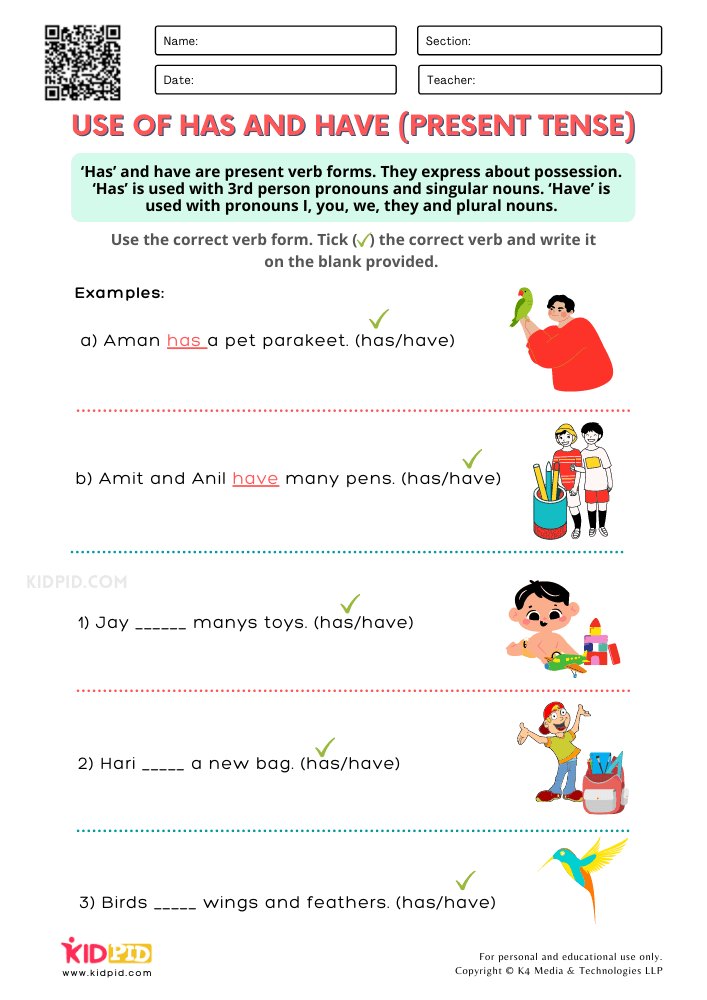

If you struggle with verb tenses in your thesis or dissertation, you could consider using a thesis proofreading service. It can be difficult to pick the right verb tenses and use them consistently. “She will have been writing this paper for three months when she hands it in.” Used to describe events that will continue up until a point in the future, emphasizing their expected duration “She had been writing a paper all night, and she needed to get some sleep.” Used to describe events that began, continued, and ended in the past, emphasizing their relevance to a past moment “She has been writing a paper all night, and now she needs to get some sleep.” Used to describe events that started in the past and continue into the present or were recently completed, emphasizing their relevance to the present moment “She will be writing a lot of papers for her classes next year.”

Used to describe future events that are expected to continue over a period of time “She was writing a paper for her class when her pencil broke.” Used to describe ongoing past events, often in relation to the occurrence of another event Used to describe currently ongoing (usually temporary) actions “She will have written many papers for her classes by the end of the semester.” Used to describe events that will be completed between now and a specific point in the future “She had written several papers for her classes before she switched universities.” Used to describe events that happened prior to other events in the past “She has written papers for most of her classes, but she still has some papers left to write.” Used to describe events that began in the past and are expected to continue, or to emphasize the relevance of past events to the present moment “She will write papers for her classes next semester.” Used for events to be completed in the future “She wrote the papers for all of her classes last month.”

“She writes a lot of papers for her classes.” Used for facts, generalizations, and truths that are not affected by the passage of time Tenses locate an event in time, while aspects communicate durations and relationships between events that happen at different times. The table below gives an overview of some of the basic functions of tenses and aspects.


 0 kommentar(er)
0 kommentar(er)
